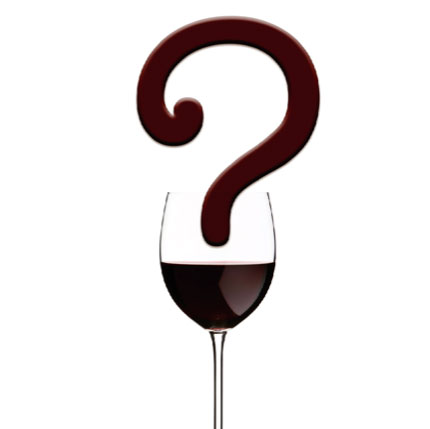I made some wine using coffee as an ingredient and I was wondering what happens to the caffeine during fermentation?
Q: My dad and I made a gallon of coffee wine from a recipe we found on the Internet. It’s going through its second fermentation right now. It said to use coffee grounds, so we did. After we put it all together, I thought, “what happens to the caffeine?” Does it go away in the fermentation process? Does it stay there? If so, now I have something like a rum and Coke. Same effect? Not only that, first potential alcohol reading was 17%. I haven’t gotten a second yet. I hope it goes down a bit. Perhaps I should add some water? Can you help?
— Dale Tucker via email
A: Coffee wine, eh? I’ve heard of using strong black tea as a tannin additive and of using coffee in brewing recipes for a super-charged stout but I’ve never heard of making coffee wine. You and your father are quite adventurous — I hope that it turns out well.
To answer your question about whether caffeine hangs around in wine or gets fermented away somehow, I’m not an organic chemist but the small amount of research I did on the subject leads me to believe that the caffeine would tend to stay around in the wine . . . to a degree. I don’t think that yeast would metabolize the caffeine but you might lose some in the progressive rackings — it could precipitate out of solution under certain conditions but I would count on having some residual caffeine left in the wine. The level of caffeine, of course, will depend on how much coffee you used in the recipe — just as your average cup of joe will be stronger with the more ground coffee, so will your wine.
Your potential alcohol does sound high — is this a dessert wine recipe? If not, I do suggest adding some water — a potential alcohol of around 13.5–14% is safe for most commercial yeast strains. Happy fermenting with your java!


